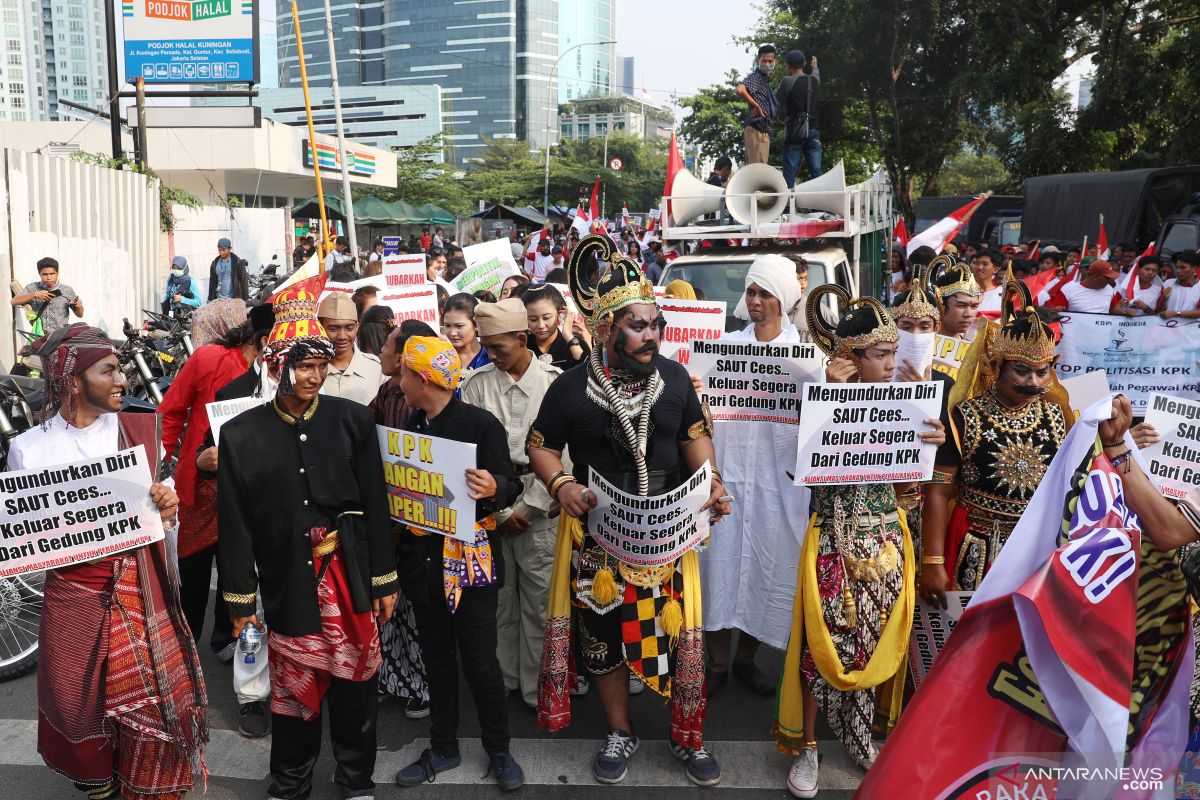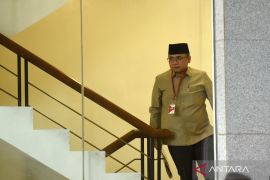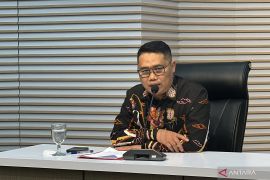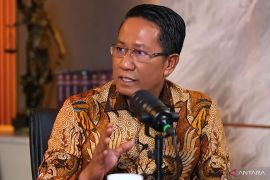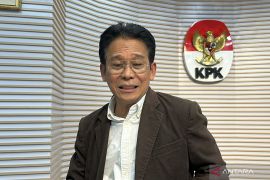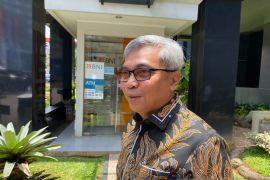The revision of Law No. 30 Year 2002 on KPK was intended to effectively eradicate corruption without ignoring the human rights principlesJakarta (ANTARA) - Lawmakers passed the Corruption Eradication Commission (KPK) bill into law at the ninth plenary meeting of the House of Representatives held here, Tuesday, despite some activists and experts claiming it may weaken Indonesia's anti-graft body.
The meeting, which was attended by 289 of the 560 House of Representatives members, had agreed to revise the previous Law No. 30 Year 2002 into a new law which contained several major changes about the anti-graft body, mainly in terms of its status, rules, and prosecution mechanism. Before the bill was passed, KPK was an independent state body which was authorized to eradicate corruption; supervise the government body and implement state governance, and launch investigations and prosecutions, as well as organize precautionary measures.
However, following the new law, KPK now is no longer an independent state body, but part of the executive institutions under the government. Therefore, all KPK employees are now part of the civil service.
Related news: President accentuates KPK's cardinal role in corruption eradication
Related news: Govt, Parliament in loggerheads during KPK bill deliberation: Jokowi
Apart from its change in status, the work and administration of the anti-graft body would also be monitored by a supervisory board. The board is not only assigned to supervise, but also have the authority to issue permits to the KPK's officials whenever they seek to investigate some suspects in a corruption case.
Before the new law was passed, KPK was chaired by a chairman and four vice-chairmen. Its work was monitored by an internal office which was allowed to issue administrative sanctions to the KPK officers.
Following the new law, KPK would also be able to issue an investigation termination warrant (SP3) if the investigations remained incomplete for two years.
The new law was aimed at making the KPK a more effective anti-graft body, Law and Human Rights Minister Yasonna Laoly stated during the plenary meeting.
"The revision of Law No. 30 Year 2002 on KPK was intended to effectively eradicate corruption without ignoring the human rights principles," he said.
Related news: Syamsuddin rejects KPK Law revision plan over debilitating impact
Related news: Rally participants seek govt's endorsement of revision of KPK law
Translator: Genta Tenri Mawangi
Editor: Sri Haryati
Copyright © ANTARA 2019
